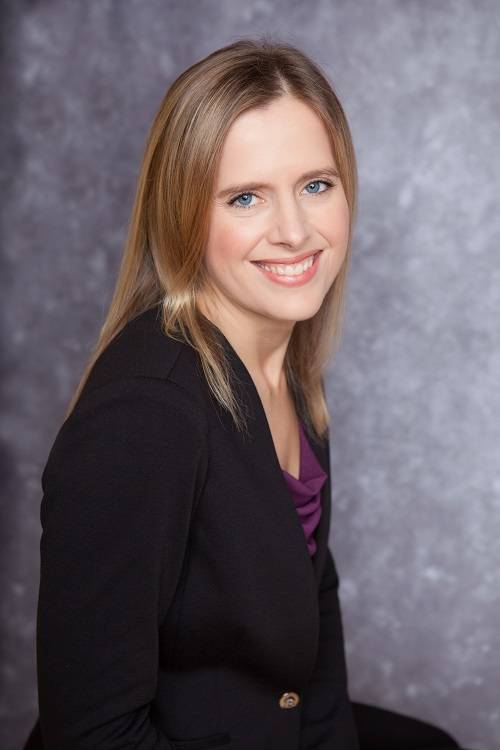Health care is complex and hard, because it is both deeply personal and very expensive. As a society, we unite behind the belief that we must take care of people. We’ve already crossed that bridge, because anyone can go to the hospital emergency department regardless of their ability to pay. We are also obligated to take care of them in a way that is fiscally sustainable for our state and nation.
As a country, we must do better at both of these things. This requires big thinking, real analysis, painful compromise, and a glidepath that assures a better future without crashing our existing health care system and hurting people. It does not involve rolling back Medicaid expansion, an action that would risk the future of our health care system, hurt Alaska’s economy, and harm the lives and health of almost 47,000 people.
Those who advocate repealing Medicaid expansion rely on myths that aren’t supported by facts. If we are serious about reforming the health care system, strengthening the economy, treating addiction, reducing crime, and maintaining our hospitals and health care providers, state leaders would be well served by relying on data and understanding why these myths are just that- myths.
Myth #1: Medicaid expansion blew up the budget. Fact: Medicaid expansion is a tiny fraction of the total state Medicaid budget and actually saves the state money. Under federal law, the state will never pay more than 10 percent of the program’s cost. For Alaska, that percentage is closer to 6.5 percent because the federal government pays the full cost of Indian Health Service beneficiaries. In fiscal year 2018, the total cost of expansion was around $418 million, but the state general fund cost was only $14 million, or 3.3 percent. However, the state avoided $15.8 million in other costs because of expansion, saving the state $1.8 million.
Myth #2: Medicaid expansion enrollees are all able-bodied adults who should just get jobs. Fact: According to the Kaiser Family Foundation, nearly eight in ten non-disabled, non-elderly adults on Medicaid live in working families, and a majority are working themselves. Many Medicaid expansion enrollees are working at low-wage jobs for employers that don’t offer health insurance. They are moving to self-sufficiency. Others may be out of the workforce temporarily for an illness or injury (like a cancer diagnosis) but will return to the workforce once treatment is complete.
Myth #3: Alaska offers a “Cadillac” Medicaid plan, and should offer the “Chevy” version instead. Fact: Medicaid offers mandatory and optional services. Many optional services, like pharmacy, aren’t truly optional if the goal is to keep people healthy. More than two thirds of U.S. states offer the optional services in Alaska’s Medicaid program. We recognize that Alaska faces hard choices about utilization, services and reimbursement, but it is important to recognize that the current Medicaid plan is mainstream.
Myth #4: Medicaid is a drag on Alaska’s economy. Fact: Medicaid expansion has provided a huge economic boost during a recession, injecting over $1 billion federal dollars into the economy at a time when health care was one of the few industries growing. Eliminating Medicaid expansion will harm an economy struggling to pull out of recession.
Myth #5. Hospitals are making a lot of money off of Medicaid expansion. Fact: Hospitals get paid what it costs to provide services to Medicaid enrollees, but no more. Our most vulnerable hospitals – those in smaller communities – have low or negative margins, which means that eliminating expansion could jeopardize hospitals in communities with limited health resources and support systems.
Myth #6. This doesn’t affect me. Rolling back expansion adds to the cost of health care for everyone. Newly uninsured patients will seek care through the emergency department and hospitals will have to absorb those costs. In fiscal year 2017, Medicaid expansion reduced hospital uncompensated care by $173 million. Eliminating expansion means that costs increase dramatically for hospitals, which means higher health care costs and insurance premiums for everyone.
Discussions about how to provide health care and a sustainable budget are important and necessary. But they must be informed with facts, they must be transparent, and they must provide a vision for a better future. Repealing Medicaid expansion meets none of those tests, and it will harm peoples’ lives and slow down Alaska’s economic recovery. We urge the governor and legislature to retain Medicaid expansion. It is in all Alaskans’ economic interest to do so.
Becky Hultberg is the president and CEO of Alaska State Hospital and Nursing Home Association (ASHNHA). ASHNHA represents more than 65 hospitals, nursing homes, and other healthcare organizations who employ over 10,000 Alaskans. (Central Peninsula Hospital is an ASHNHA member).


